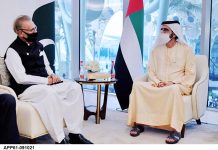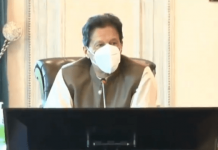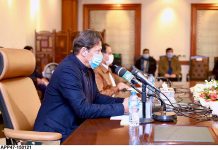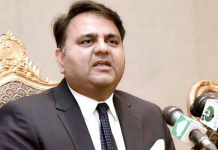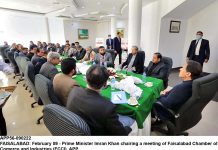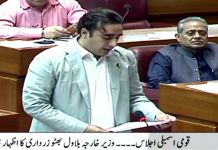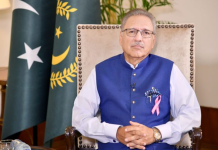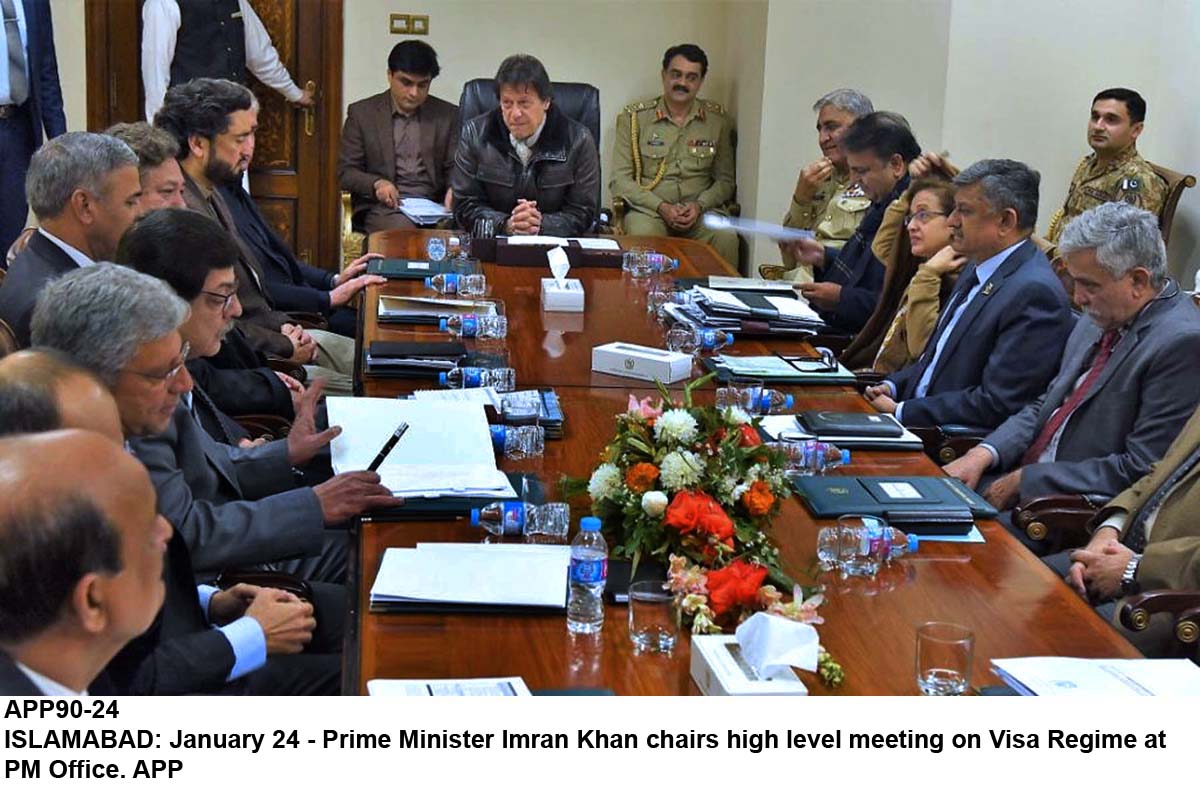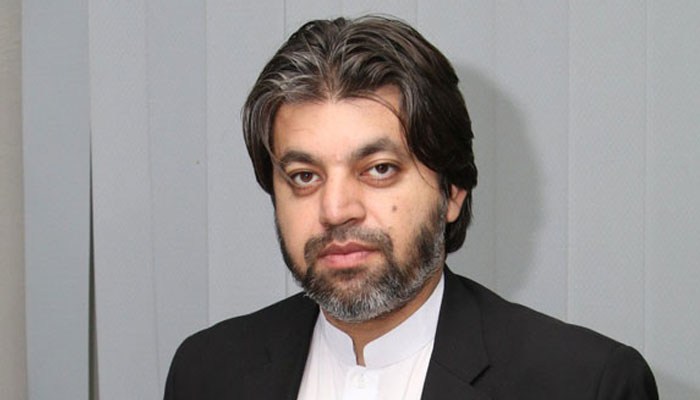UNITED NATIONS: India, exercising its Right of Reply to Prime Minister Nawaz Sharif’s United Nations General Assembly (UN) address, levelled serious allegations against Pakistan in its rebuttal, terming it a ‘terrorist state’, which Pakistan in a reply to India strongly rejected.
India also said that talks could not be held with guns and blackmail, after Nawaz Sharif accused New Delhi of putting ‘unacceptable’ conditions for peace talks.
Responding to Nawaz’s statement at the 71st session of the United Nations General Assembly (UNGA), India’s Junior Foreign Minister MJ Akbar denied Pakistan’s claims of going “the extra mile” in engaging with India.
“Pakistan wants dialogue while holding a gun, a terrorist gun, in its hand. Talks and guns don’t go together. Our position on a dialogue has been consistent. We have always been ready for a dialogue, but we will not succumb to the blackmail tactics of a government in Islamabad that seems eager to use terrorist and terrorism as policy,” Akbar told reporters in New York.
Calling Wani a young leader, Nawaz said he had emerged as the symbol of the Kashmiri struggle for independence.
Nawaz in his speech maintained that Pakistan wants peace with India but it is “not possible without resolving the Kashmir issue”.
Meanwhile, India’s First Secretary in the Permanent Mission of India to the UN Eenam Gambhir accused Pakistan of sponsoring terrorism, according to a Hindustan Times report.
India sees Pakistan as “a terrorist state”, she said, accusing Pakistan of diverting international aid towards training, financing and supporting terror groups as ‘militant proxies’ against neighbouring countries.
“The worst violation of human rights is terrorism,” she said. “When practised as an instrument of state policy, it is a war crime. What my country and our other neighbours are facing today is Pakistan’s long-standing policy of sponsoring terrorism, the consequences of which have spread well beyond our region,” she alleged.
Muhammad Faisal, a director general at the Foreign Office, rejected Gambhir’s accusations that Pakistan was promoting terrorism in IHK and elsewhere, saying that the Kashmiri uprising after the death of Burhan Wani “was spontaneous and indigenous”.
“The right to self-determination has been promised to them by the international community through a series of Security Council resolutions. Although this promise has yet to be realised seven decades later, time has not weakened their resolve…”
The diplomat said the Kashmiri people looked towards the international community, especially the members of the UNSC, to deliver on the pledge to hold a free, fair and impartial plebiscite under the UN auspices, enabling them to decide their future, a democratic and legal right of the Kashmiri people. “No amount of verbiage used by the Indian delegation can obfuscate this reality,” Faisal said.

